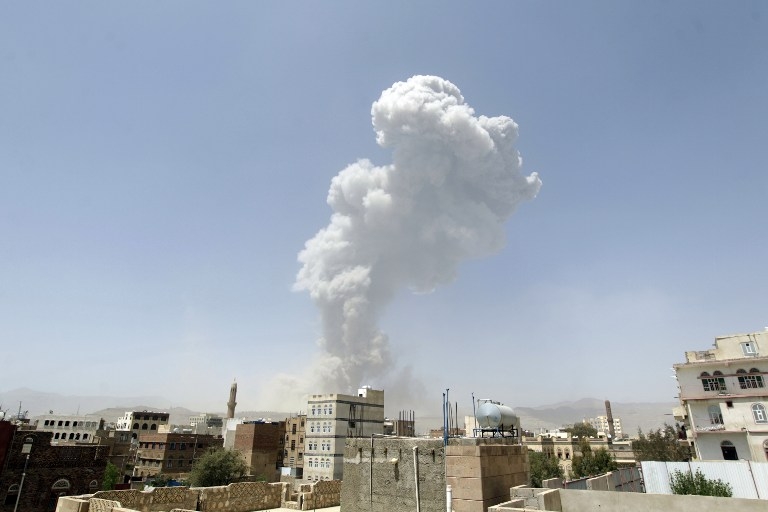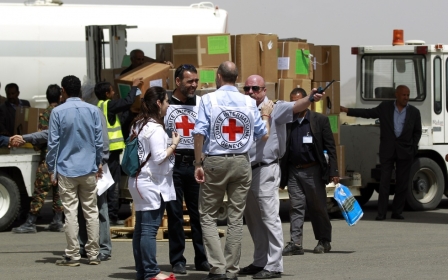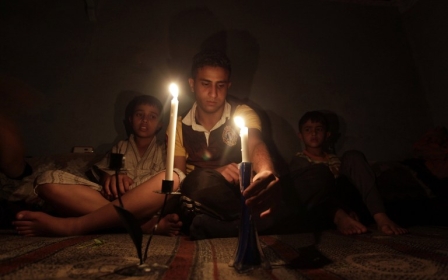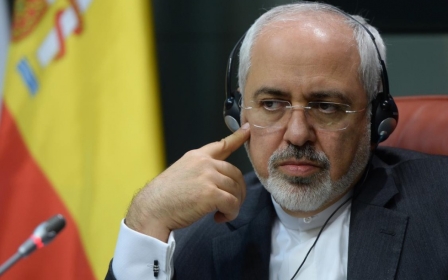Yemen rejects Iran mediation, insists Houthis surrender

Yemeni Foreign Minister Riyadh Yassin on Monday rejected Iran's offer to mediate a solution to the crisis in his war-torn country, insisting instead that the Houthis surrender.
The rejection came as Gulf envoys told UN chief Ban Ki-moon that there would be no immediate ceasefire in Yemen unless Huthi rebels withdraw from seized territory.
Saudi Ambassador Abdallah al-Mouallimi said "certain conditions" must be met for the Saudi-led air campaign to be suspended and that these were spelled out in the recently-adopted Security Council resolution.
"We all want to see an early end to the military hostilities, but there are conditions conducive to having an early end to the hostilities," Mouallimi told AFP following a meeting with Ban.
Those conditions include that that the Shiite Huthis pull back from territory seized, including the capital Sanaa, end their violent campaign and return to peace talks.
Meanwhile, Yassin, on the sidelines of an Arab-Turkish economic meeting in Kuwait City, said, "Any mediation effort coming from Iran is unacceptable because Iran is involved in the Yemen issue." .
"Iran has become a major part of the Yemeni crisis and those who are a party to the crisis... cannot become mediators," he said.
Although Iran and the Houthis have established diplomatic ties in recent months and Iranian politicians have spoken out in favour of the Houthis, the extent and nature of Iran's support for the militia remains unclear.
The Houthis, who have been fighting alongside forces loyal to former president Ali Abdullah Saleh, have taken control of most of Yemen, prompting airstrikes from a Saudi-led coalition to support the government.
On Monday Yassin said thousands of anti-government fighters had been killed since the start of the airstrikes on 26 March.
The campaign of airstrikes has also resulted in a large number of civilian casualties.
The capital was rocked on Monday morning by a huge explosion targeting an ammunition depot in western Sanaa - at least 46 people were reportedly killed, among them an unknown number of civilians.
Hakim al-Masmari, editor of the Yemen Post, told Al-Jazeera on Monday that the depot was unharmed by the strike, which impacted "far away" from its intended target.
The Saudi-led air campaign was launched following a plea from President Abd Rabbuh Mansour Hadi after Houthis closed in on his refuge in the southern city of Aden. He has since fled to Riyadh.
The minister said Yemen's exiled government will not accept negotiations unless the Houthis and pro-Saleh forces lay down arms.
"The Houthis and Saleh forces must withdraw from all cities and villages of Yemen, including Sanaa and Aden, return to (their northern stronghold of) Saada as civilians, and lay down their arms," Yassin said.
"After that we can talk about dialogue and a political solution. But now there is no room for negotiations," he said.
Yassin said that Arab and other countries will take part in a meeting to study plans for the reconstruction of Yemen after the war.
"There is a project we are studying with Gulf countries, an 'Arab Marshall plan' for reconstruction in Yemen," he said, referring to the US programme that helped rebuild Europe after World War II.
He provided no date for the meeting.
New MEE newsletter: Jerusalem Dispatch
Sign up to get the latest insights and analysis on Israel-Palestine, alongside Turkey Unpacked and other MEE newsletters
Middle East Eye delivers independent and unrivalled coverage and analysis of the Middle East, North Africa and beyond. To learn more about republishing this content and the associated fees, please fill out this form. More about MEE can be found here.




